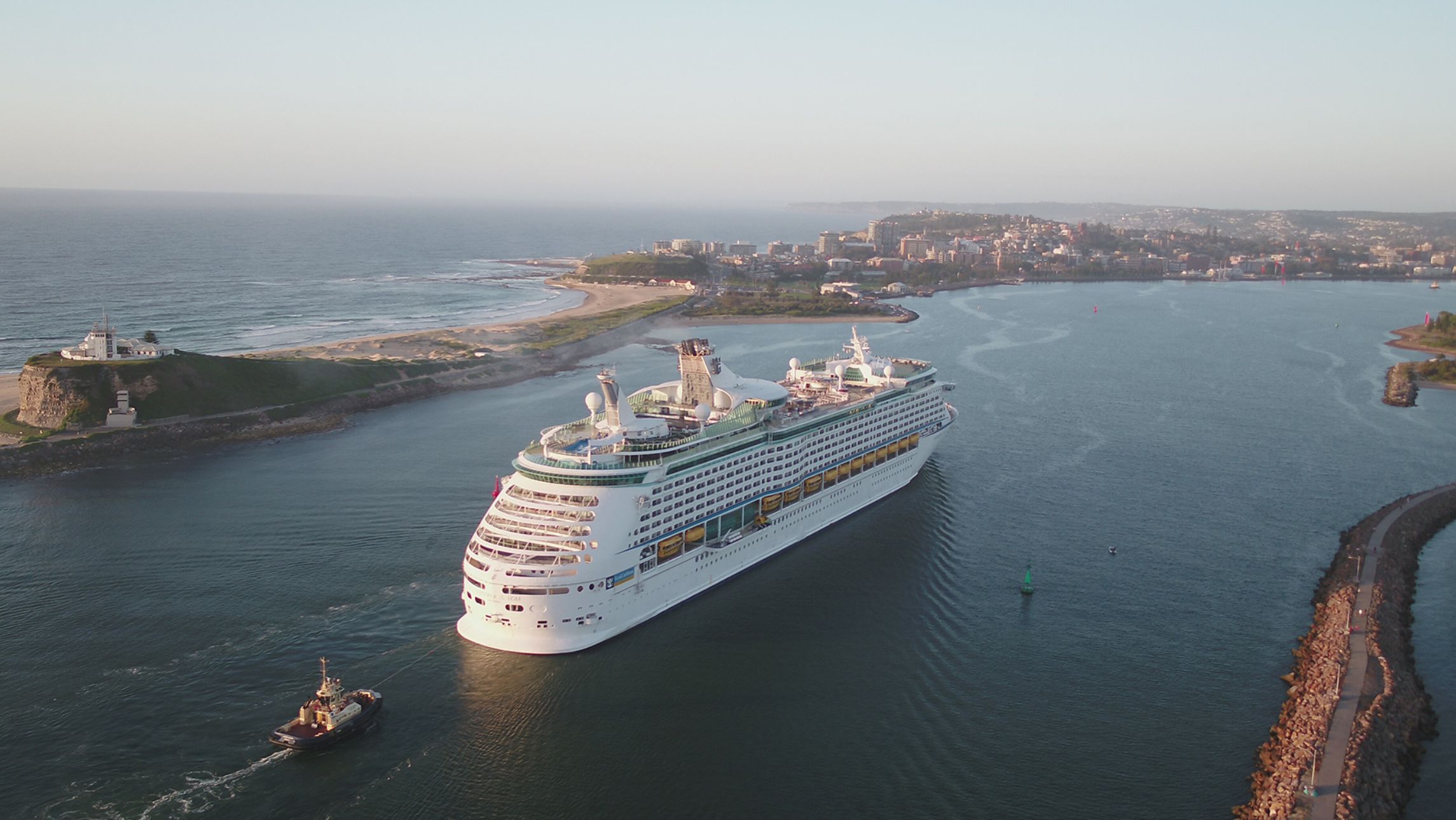From Rome to Rio, from Bali to Budapest, locals are taking on visitors who trash their culture. Peter Lynch calls for a code of conduct.
In Asia, they are planning to ban influencers and ruble-rich Russians fleeing the war in Ukraine. Europe is on the march against boorish Brits. In the air and on the ground, operators are erecting signs saying: “Zero tolerance for abusive behaviour. Please be respectful to our staff.”
There’s something about being on the move that seems to bring out the worst in people.
Maybe it’s post-Covid frustration at delays or a hankering for the peace and quiet of life under lockdown. But across the world, visitor villainy is endangering cultural exchange.
Adventure in foreign climes should, in theory, make us more open-minded, tolerant and respectful. There are those who embark on their journeys with an inflated sense of entitlement, a disregard for local customs and an unparalleled ability to annoy everyone within a fifty-kilometre radius. Tourists behaving badly are the bane of any true traveller’s existence.

Picture this…
You’re in a quaint European village, surrounded by rolling hills and vineyards. It’s a picture-perfect setting, one that demands reverence and appreciation.
Instead, a horde of loud, obnoxious tourists, wielding selfie sticks like weapons of mass destruction pour out of a bus. They have no interest in history or culture. Their sole purpose is to capture the perfect Instagram shot.
Backpackers, with their dreadlocks and harem pants, descend on pristine beaches like a swarm of locusts. They treat the coastline like their personal trash can, leaving behind a trail of empty beer bottles, discarded cigarette butts and the remnants of their uninhibited debauchery.
Italy has become a centre for tourists behaving badly. From topless sunbathing on war memorials to skinny dipping in Venice’s canals. A Saudi tourist even drove a Maserati down Rome’s historic Spanish Steps, while an Australian was apprehended riding a scooter in Pompeii, one of the most fragile sites of the ancient world.
In Spain, you can be fined for “talking too loudly” and in some parts, inclusive drinks packages are confined to six a day by law.
In Holland, tourists behaving badly has driven the government to take out ads in neighbouring Britain as part of an initiative to “actively discourage international visitors with plans to go wild”.
“How to Amsterdam” targets visitors by using social media and warning signs on the streets. And informs people about the prohibition of urinating in public, causing noise, being excessively drunk and purchasing drugs from street dealers.
Asia is also taking action. A 23-year-old Australian surfer faces corporal punishment and jail after an alleged naked rampage in the streets of Sumatra’s Aceh province.

Who is the worst?
A survey by insurance operator Compare the Market found many nationalities were quite happy to own up to bad behaviour. The poll of 2500 adults across Australia, America and Canada found a surprisingly high number had disrespected local rule or even broke the law.
Americans were the worst, with more than 10 per cent admitting to stealing or knowingly breaking local laws. Canadians were second – and Australians were continuously the best-behaved.
What can we do before we find ourselves outlawed or isolated on our holidays because of our fellow travellers’ misdeeds?
What we need is a code of conduct. Anyone booking destinations should be sent a list of local do’s and don’ts.
Here’s my suggested list to not be a tourist behaving badly:
- Respect local customs and traditions: Familiarise yourself with the local customs, traditions and cultural norms of the destination.
- Dress modestly and appropriately, especially when visiting religious or sacred sites.
- Be mindful of local sensitivities, and avoid any behaviour or actions that may be disrespectful or offensive.
- Follow the laws and regulations: Be aware of any specific rules or restrictions related to photography, smoking, littering or any other activities.
- Preserve the environment: Dispose of waste properly and use designated recycling facilities when available. Avoid damaging or removing natural resources, such as plants, corals or rocks.
- Be considerate of the local community: Treat local residents, including vendors, service providers and fellow tourists, with respect and courtesy.
- Support local businesses, artisans and craftsmen, and avoid engaging in any illegal or exploitative activities.
- Protect cultural heritage and historical sites: Do not deface or vandalise cultural heritage sites, monuments, or historical landmarks.
- Seek permission before taking photographs or videos of individuals, particularly if they are from indigenous communities.
- Travel responsibly: Plan your trip in a way that promotes sustainable tourism and minimises negative impacts on the environment and local communities.










I always check out the Smart Traveler website and do a quick google search for local customs when visiting a country I haven’t been to before.
I agree with that %. Some, not all, have forgotten their manners whilst on holiday. Too many people think that locals should bow down them just because they are there spending their money. But they need to remember that the locals are people to and they should be treated how we would like to be treated.
You are so right. We have been on cruises and trips with Americans and they are loud, coarse, crude and when it comes to eating – pigs at a trough come to mind and they have absolutely no manners. We were mortified. Thank goodness we from Australia are respectful and well behaved.